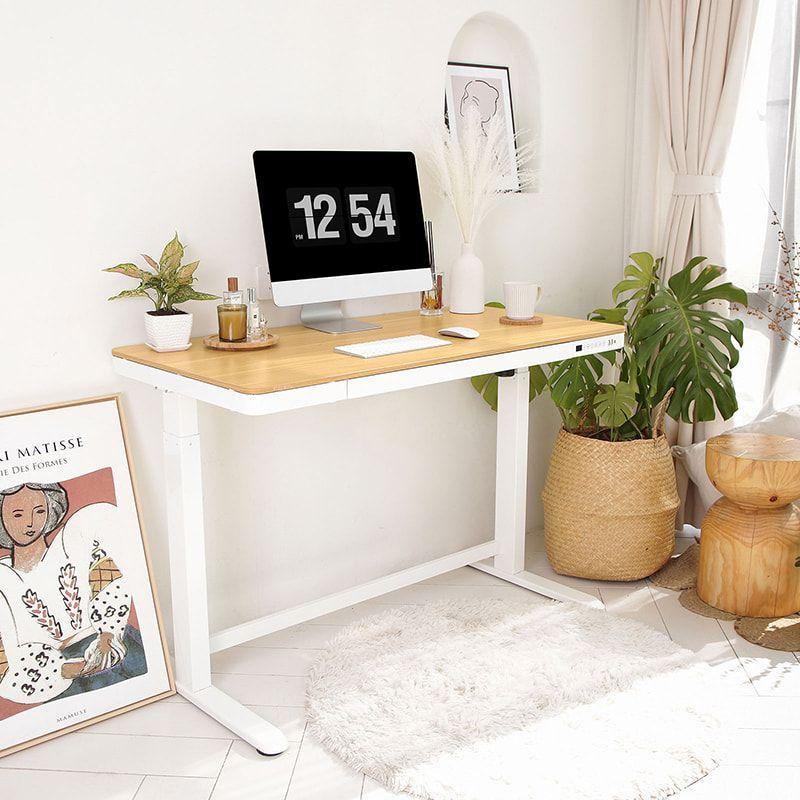Freelancing - whether full-time or as a side hustle - has become extremely popular since the Covid-19 pandemic began.
The perks of working from home, setting your own working hours, choosing your projects, and even the possibility of working while travelling abroad, are undoubtedly appealing.
But freelancing comes with its difficulties too - whether that’s a demanding client, worries about financial instability, or the dread about managing your own taxes.
Starting out as a freelancer can be scary because there isn’t anyone else in the office to ask when you have a question or can’t work out how best to deal with an issue.
But these top tips will help new freelancers to navigate freelancing prosperously and happily:
#1 Never Undersell Yourself
One of the biggest regrets which experienced freelancers have when looking back at their early freelancing days is usually about underselling themselves.
It can be difficult to know what rate to set for projects at first. And imposter syndrome can have a negative impact on your view of your own worth.
It’s important to remember that clients are hiring you because they need your expertise. You have the skills and knowledge of your field which the client appreciates enough to pay you for. So make sure you charge them appropriately for your time and skills.
Calculate your rate, considering all of the work which will go into the project (including research time, edits, and Q&A with the client) - and stick to it.
Join freelancer communities (for example on LinkedIn or Facebook) to discuss generic rates for your specialism with other freelancers.
#2 Invest in a Good Desk
Now that your home is your workspace - permanently - invest in a setup which will boost your productivity, posture and mood.
Most importantly, consider where you will be sitting while you work. Perhaps try a standing desk to ensure you maintain good posture and use your legs regularly.

FlexiSpot’s Comhar EW8 All-in-One Standing Desk Wooden Top
Consider how much space and what equipment you will need to do your job effectively. Remember that work-related equipment is usually tax-deductible!
If you don’t have enough space at home, try a co-working space.
#3 Always Have a Contract
Whether the client is a stranger, long-term client, friend or family member, always have a contract.
Simple contract templates for freelancers are available online, and freelancers on social media often share template contracts for new freelancers to view.
Having a contract is crucial because it protects you from non-payment and claims of unmet requirements. Contracts also ensure mutual understanding about the project’s deliverables, timescale and payments between client and freelancer.
#4 Negotiate Pay
Negotiating pay is perhaps one of the most dread-inducing parts of being a freelancer. But the reality is that negotiating your pay is important to your success.
Collect evidence that your work and skills are worth more than you are being paid, present the evidence to your client, and be willing to negotiate. However, don’t ever settle below your minimum price.
Templates for how to frame pay negotiations are widely available online, for example here.
#5 Learn When (and how) to Say No
Saying no is all part of running a business. Watch out for the following red flags, and be prepared to part ways with clients who display them:
- Asking for free work or paying well below the accepted rate
- Refusing to pay a deposit
- Refusing to sign a contract/making empty promises
- Changing their requirements too regularly/doesn’t seem to know what they want
- Continually asking for lengthy rewrites/edits without further payment
- Difficult to communicate with or always unavailable
- Setting unreasonable deadlines and/or refusing to negotiate
When you inevitably meet a client who demands too much, pays too little or displays several of the red flags, don’t be afraid to say no. Your business and your time must come first.
Stay polite, explain the situation carefully but firmly, and be unafraid to part with clients that are wasting your time.
#6 Manage Your Workflow (and keep calm when you don’t have any)
Freelancing is often criticised as being financially unstable, but this is not necessarily true. While workload does ebb and flow, successfully managing your workflow - and therefore your income - is possible.
Hunt for more clients all the time - even if you currently have ongoing work - so that in the inevitable dry patches there are still opportunities for you to seize. Keep connecting with potential clients on social media, through cold-call emails and on online job marketplaces. Build on relationships with current clients to develop long-term working relationships. Keep building your portfolio and developing your skills to draw in new work.
Keeping calm when your workflow has reduced is critical to success. Your workload will pick up again.
#7 Manage Your Finances
Another way to manage the ups and downs of workload as a freelancer is to manage your finances well.
Develop an emergency fund so that a few months of reduced workflow will not impact your lifestyle and financial wellbeing. Work towards building a three-month emergency fund to cover bills and basic lifestyle expenses, then grow it from there.
Remember to budget for taxes so they don’t sting you later on. There are loads of helpful resources online about how to pay taxes as a freelancer, depending on your country. Swot up - the more informed and financially prepared you are, the more successful you will be at growing your freelance business.

#8 Work-Life Balance
Now that you are effectively in charge of your work life, consider your work-life balance.
Choose working hours which suit you, but don’t regularly exceed them. Have regular down time when you don’t check your work messages. Take proper holidays and days off.
These are the real benefits of freelancing, after all.